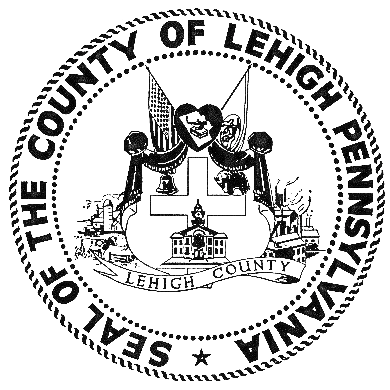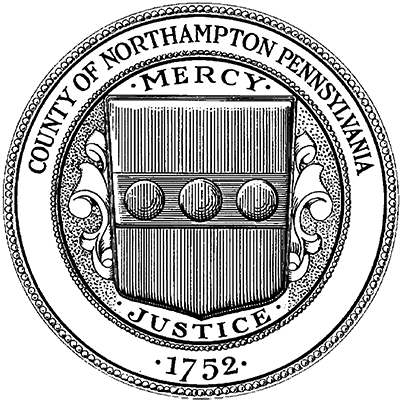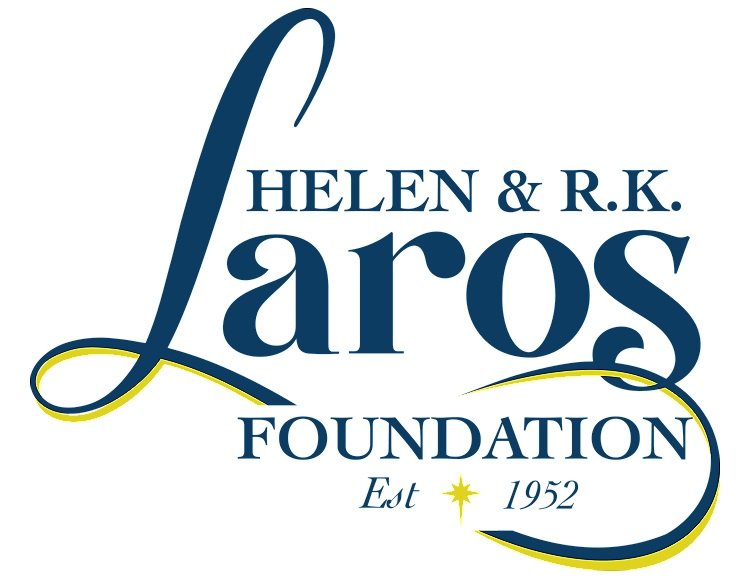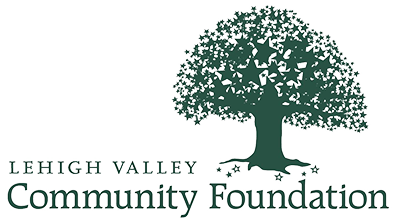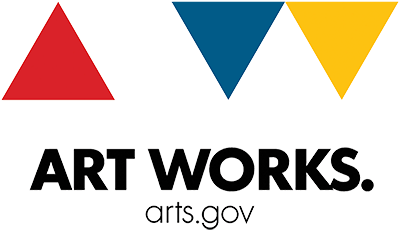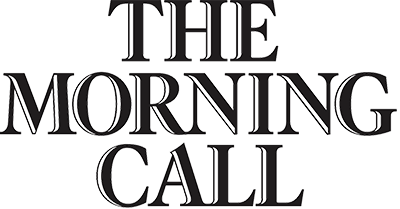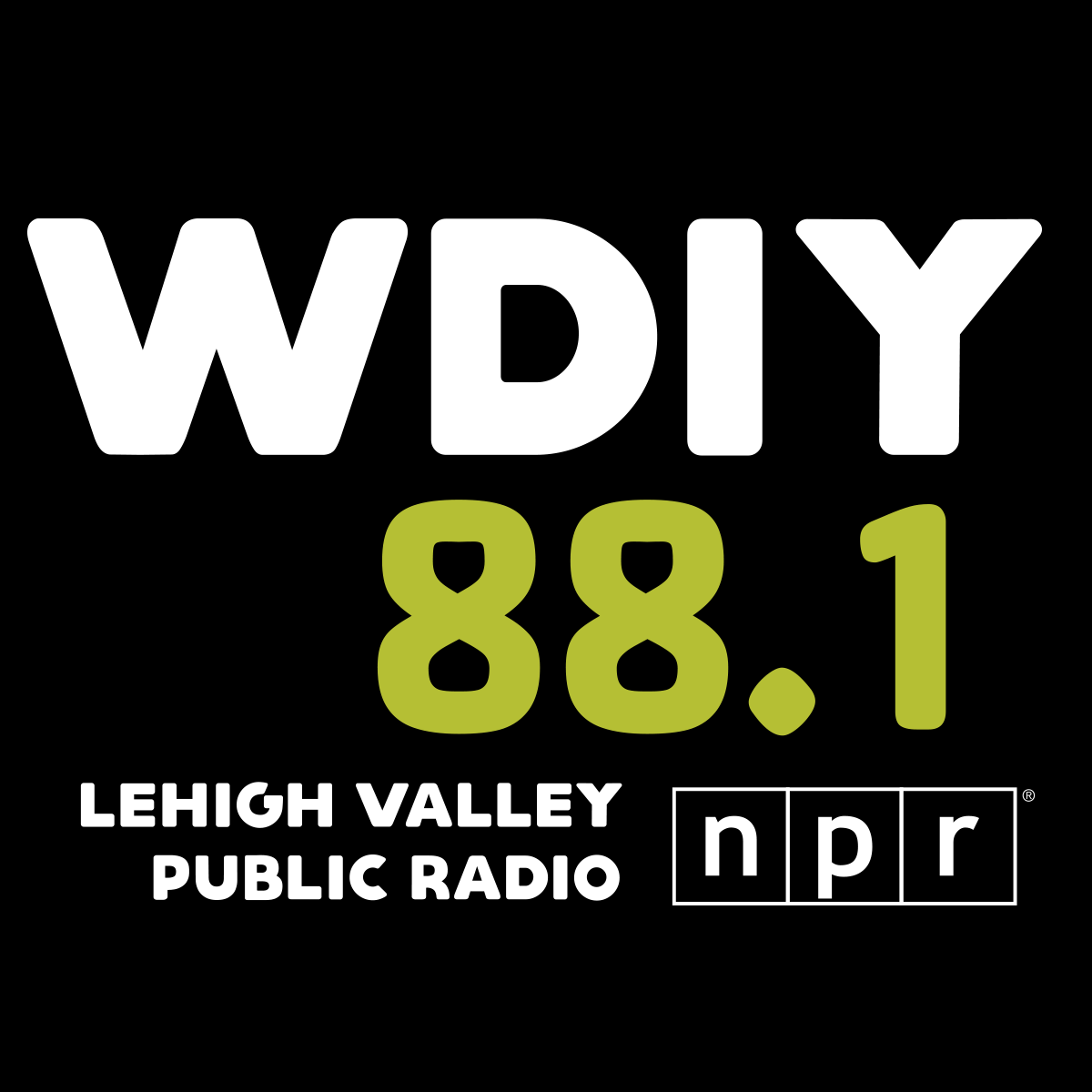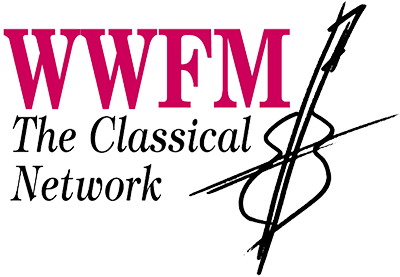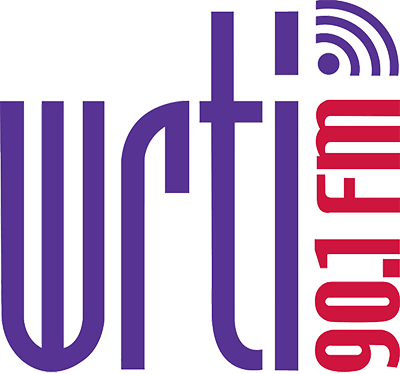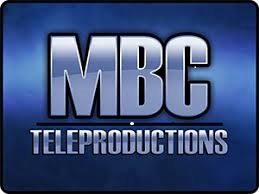
Each of the first three pieces for our 2011 Christmas Concerts are magnificent evocations of the programatic aims of their composers. In Cantata No. 40, we experience, in sound, the battle between the faithful and the devil in the context of the Second Day of Christmas, which is the feast day of the martyr, St. Stephen. In Charpentier’s Midnight Mass, we hear the carols contemporaneous to his time recast as movements of a Mass intended for use at a midnight liturgy on Christmas Eve. Poulenc’s Four Motets for the Time of Christmas offer vivid impressions of the ancient Latin texts they set. In the final piece on the program (before the audience carols), Part III of Bach’s Christmas Oratorio, we join Luke’s narrative of the adoration of the Shepherds, with musical and poetic commentary by Bach and his librettist.
The piece begins with jubilant fanfares from trumpets and timpani, followed with a contrapuntal entrance of the choir, beginning with tenors, in a hymn of praise thanking God for the sure and secure salvation offered to believers through the incarnation.
A recitative follows, as the tenor, acting as evangelist or storyteller, rejoins the narrative from Luke. Having just been visited by the angels announcing Christ’s birth, the shepherds exhort one another to travel to Bethlehem. Bach makes this fleet-footed journey manifest with a delightfully zesty turba chorus (the choir becomes, musically, a host of shepherds). Upon hearing this music, one imagines a swiftly moving company of individuals, making their quick journey to Bethlehem, to give homage to their Savior.
In a recitative accompanied by continuo instruments and flutes, the bass then comments on Jesus’ arrival, and encourages the shepherds on their way. Bach leaves the intimacy of the scene to comment with a chorale by Martin Luther for the next movement, the text of which offers an eloquent summary of the reason for the shepherds excitement and thanksgiving for God’s mercy, ending with the words Kyrieleis’, “Lord have mercy!”
Bach continues the reflection on the mercy of God in a charming duet for bass and soprano, accompanied by oboes and continuo, observing that God’s mercy comforts and sets free the faithful. Bach’s soprano and bass duets are often his most playful, and this one is no exception – the oboes and later the singers move in parallel motion, often with slurred figures, evoking an ebullient dance.
Another recitative brings us back to Luke, with the adoration of the shepherds, concluding with Mary pondering in her heart all that was said about her infant son. After the recit, we hear a beautiful, slightly melancholy aria for alto with violin obbligato. The alto pleads to have the sense of wonder and the comfort of salvation kept in heart of the faithful forever. This aria seems to convey a wealth of emotions beyond the simple prayer offered in the text.
In a recitative, the alto next endeavors to cherish the present time to eternal bliss as the signs witnessed by the shepherds, a theme picked up by the choir in a chorale that follows. Next, the evangelist rejoins the Luke gospel as the shepherds depart praising God for all they’d seen.
The choir offers another chorale this exhorting the listeners to be glad in the events of the incarnation. This is another harmonization of a chorale heard in Cantata No. 40 at the beginning of the program – Bach’s harmonizations of the Lutheran chorales are infamous for the genius of his craftsmanship and harmonic sophistication (and occasionally objects of confusion for the congregations who had to sing them). In this case, you’ll hear two slightly different takes on the same melody, one at the beginning of the program and one at the end.
The piece then concludes with a repeat of the opening chorus, with its festive trumpets and timpani, 3/4 dance, and rapturous singing, a most fitting way to segue to the singing of Christmas carols which which we will bring the evening to a close.
We’re very excited to be offering this program to audiences in Bethlehem and Allentown. We’ve also recently learned that the Bethlehem concert will be recorded for broadcast closer to Christmas. I will certainly post the details as they are finalized. I’m also going to join Wally Vinovskis in the studio at WDIY on Friday, December 9th to listen to some of the repertoire and discuss the program. I’ll also link to the previews of the concert in the local press. The holiday season is often a time of arch-busyness and stress, and this program stands as a wonderful antidote to all of the trials of this time of year. Treat yourself and someone you love to a wonderful and wonder-filled afternoon/evening of glorious music! Tickets are available at The Choir’s website, or by calling 610 866 4382.





